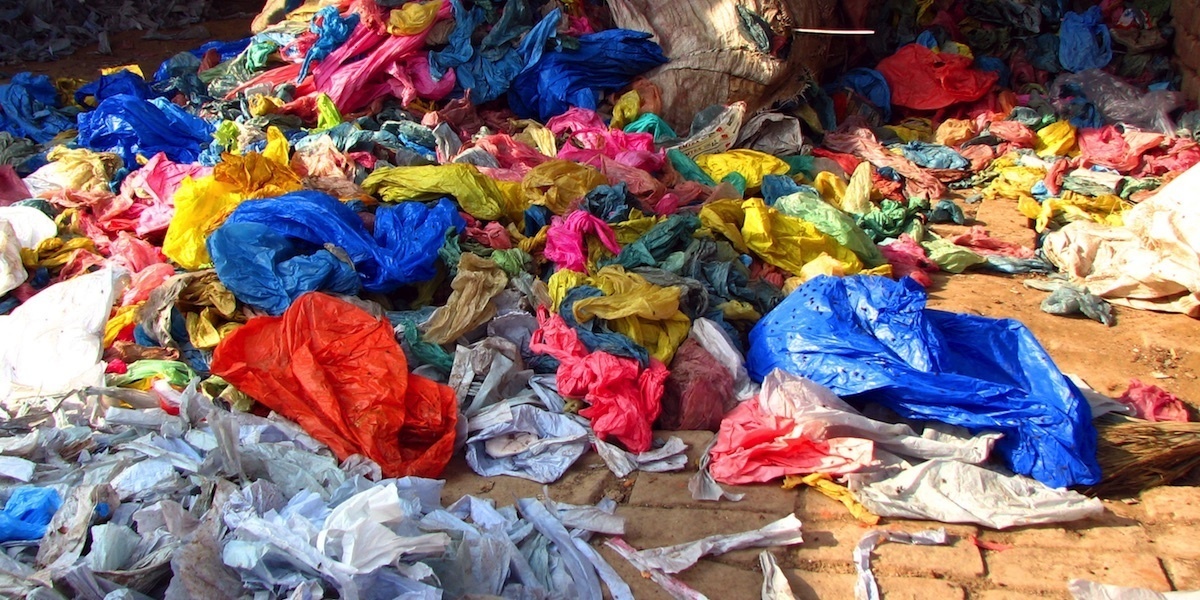

The Indian state of Maharashtra—which encompasses the fast-paced and densely populated city capital of Mumbai—imposed a statewide ban on single-use plastics over the weekend.
The protocol, first introduced on March 23, prohibits the manufacturing, use, sale, distribution and storage of materials such as plastic grocery bags, cutlery, plates, PET and PETE bottles and foam takeaway containers. The state government gave establishments three months to dispose of existing stocks.
Repeat offenders can face a maximum punishment of up to Rs. 25,000 ($367) and three months in jail.
Aditya Thackeray, the leader of the Shiv Sena party who was key in pushing the ban through, called the new policy a “historic step” in protecting the environment.
https://twitter.com/AUThackeray/statuses/1010425259974119424
Maharashtra is now the 18th state in the country to enforce a plastic ban. NDTV reported that the state generates 1,200 metric tons of plastic waste every day, with Mumbai alone generating 500 metric tons daily, or roughly 10 percent of its total waste.
Much of this plastic ends up clogging drains and leaching out to sea, causing major marine pollution around Mumbai, NDTV noted.
However, the new rule is taking some adjustment. The Times of India reported that citizens and vendors are willing to adapt to the ban, but are finding a lack of affordable alternatives. Some city inspectors have also been confused by the specifications of the ban and are fining permitted items.
Plastic pollution is a major problem in India, which generates about 25,000 metric tons of plastic waste every year and only recycles 60 percent of it. For that reason, the country has taken steps to beat plastic pollution on a national and regional level.
Earlier this month, Indian Prime Minister Narendra Modi announced plans to eliminate all single-use plastics by 2022.
According to a UN plastics report, regional bans have had various degrees of success. Of the 10 regional bans listed in the report, two bans, in the states of Himachal Pradesh and Sikkim, have seen significant to moderate results, while four bans, including one in New Delhi, have had little to no impact, and four could not be assessed due to limited data.
https://twitter.com/EcoWatch/statuses/1004339560954908673

 233k
233k  41k
41k  Subscribe
Subscribe 